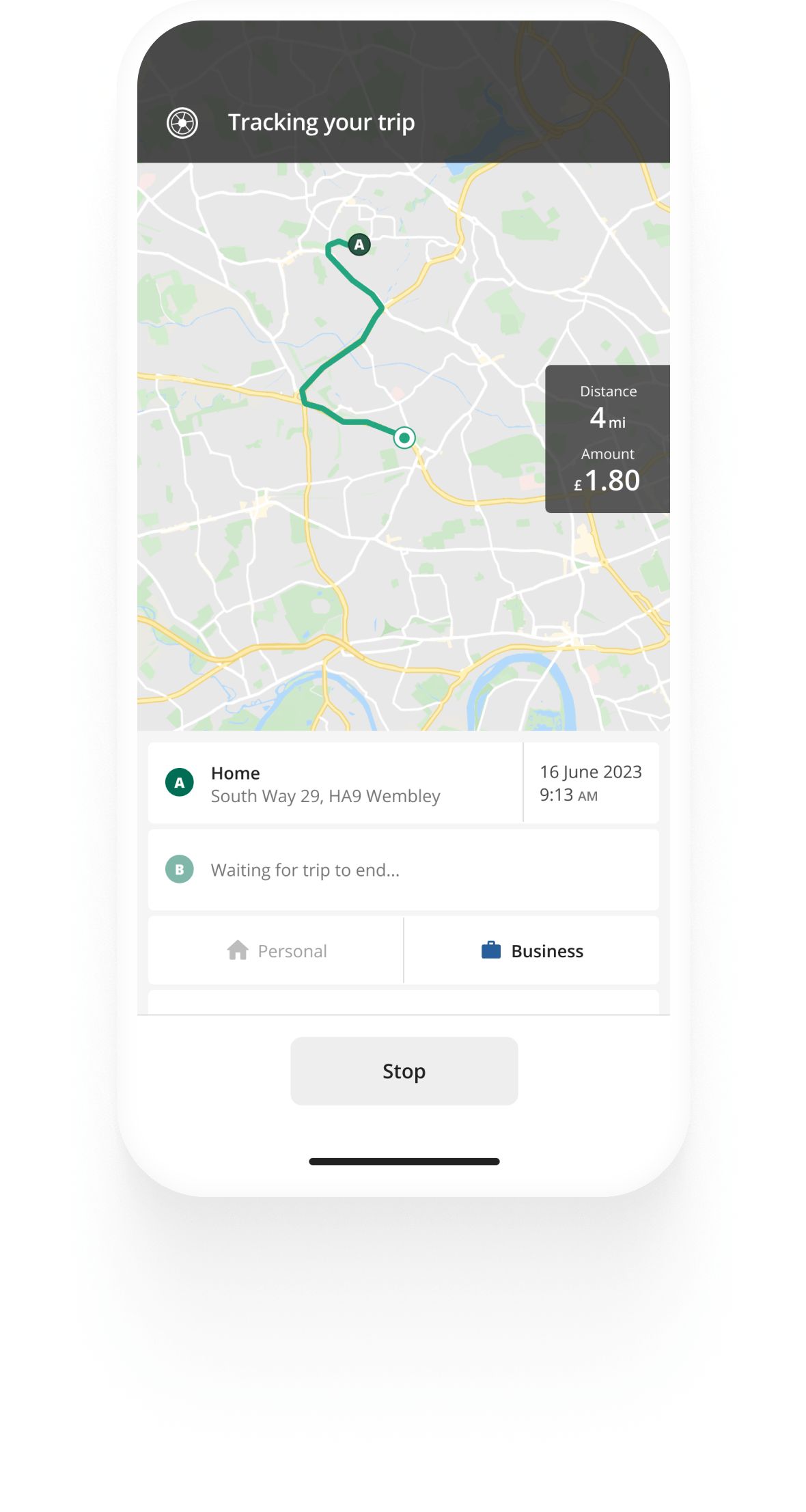Track mileage automatically
Get startedWhat is an audit?
In this article
An audit is an official check of your individual or your company’s tax records and documentation by HMRC. An HMRC audit is typically conducted to check if you or your business is paying the correct amount of taxes.
If you are to be audited, HMRC will write or call you to inform you of the audit and request any records they want to assess. HMRC audits are conducted in person - at an HMRC office or your home/place of work, or an adviser’s office. You can have your accountant or legal advisor with you during the audit.


Mileage tracking made easy
Trusted by millions of drivers
Automate your mileage log Automate your mileage log

Automatic mileage tracking and HMRC-compliant reporting.
Get started for free Get started for freeWhat happens during an HMRC audit
HMRC can audit any of the following records:
- The tax you’ve paid
- Your tax return on Self Assessment
- Company tax return
- Accounts and tax calculations
- PAYE records if you have employees
It is important to note that you will be liable to pay a fine if you refuse to show any requested records or refuse a visit for the HMRC audit. You can only refuse a visit and not pay a fine in the case where you are seriously ill or a close to you person has passed away.
In case you think the HMRC audit should be stopped or you do not agree with the records they are checking, you can apply for alternative dispute resolution (ADR) online.
When the HMRC audit is completed, the tax authority will notify you of the results. There are three outcomes of an HMRC audit:
- Your tax records are in order, and you have nothing to pay or receive back overpaid tax
- HMRC finds that you owe tax - you will have to pay the owed amount within 30 days. You also normally pay interest from the day the tax was due
- HMRC finds that you have overpaid tax - you will be repaid. You might also receive interest on the amount you’re owed.
If you claim mileage deductions, you can see our HMRC mileage guide, where you will find information on what records you need to keep in order to be HMRC compliant.
If the HMRC audit finds that you underpaid tax, you might also have to pay a penalty. HMRC decides to penalise you or not by looking at the reason why you have underpaid tax, if you informed HMRC as soon as you realised this to be the case and if you were helpful during the audit.
In case you disagree with the HMRC audit findings, you can appeal the decision.
FAQ

Tired of logging mileage by hand?
Effortless. HMRC-compliant. Liberating.
Related posts
Free mileage log book template
Latest update: 7 May 2025 - 2 min read
Whether you're an employee or a business owner, it's crucial to keep good mileage records in a mileage log book.
HMRC Mileage Guide
Latest update: 2 April 2025 - 5 min read
Welcome to our guide on mileage claims and reimbursement in the UK. This guide will walk you through the rules that apply to your situation.
HMRC travel expenses guidelines
Latest update: 16 January 2026 - 2 min read
This guide for employers, employees, and sole-traders offers an overview of what you need to know if you're seeking tax relief or reimbursement for travel expenses.
.svg)

